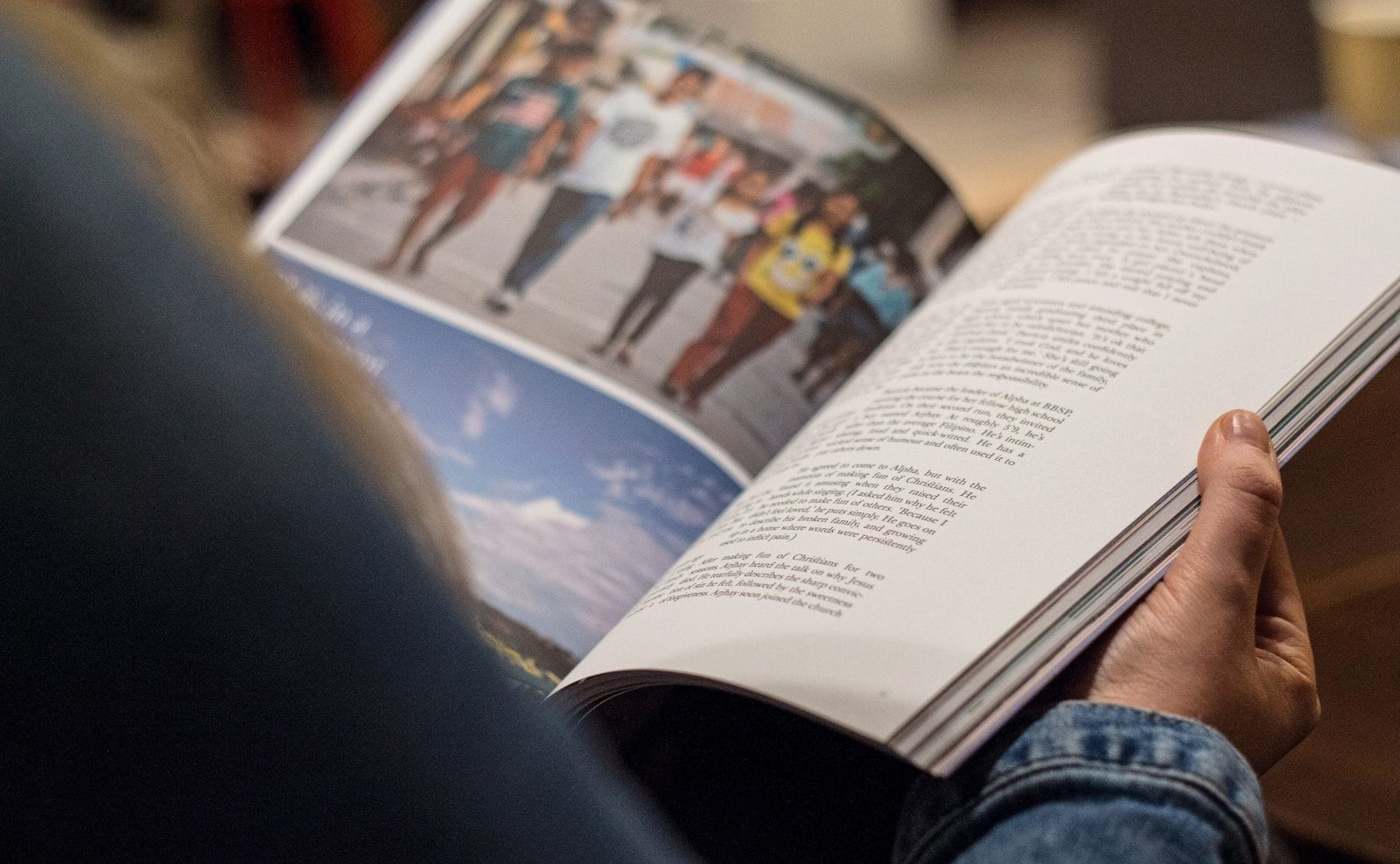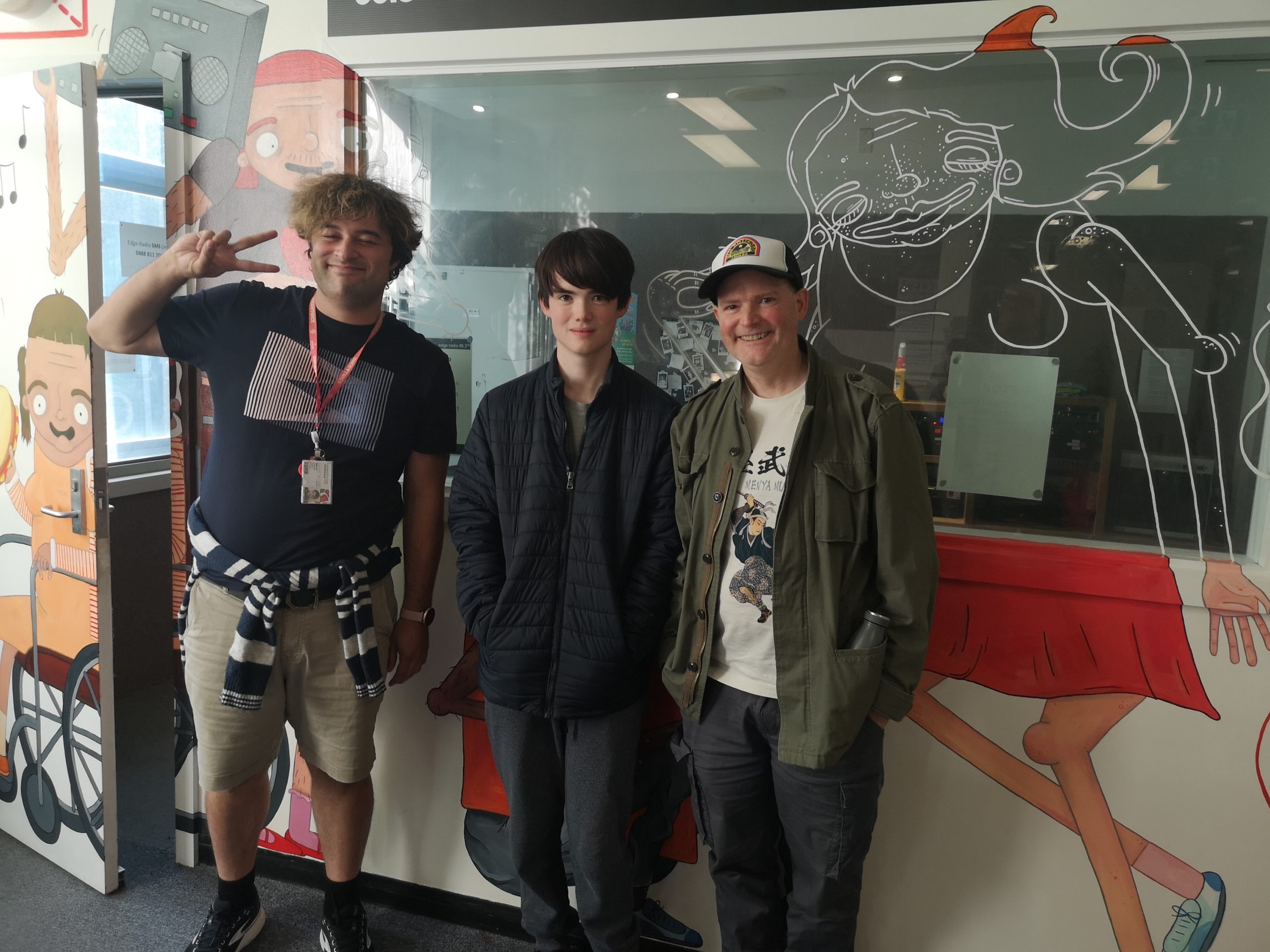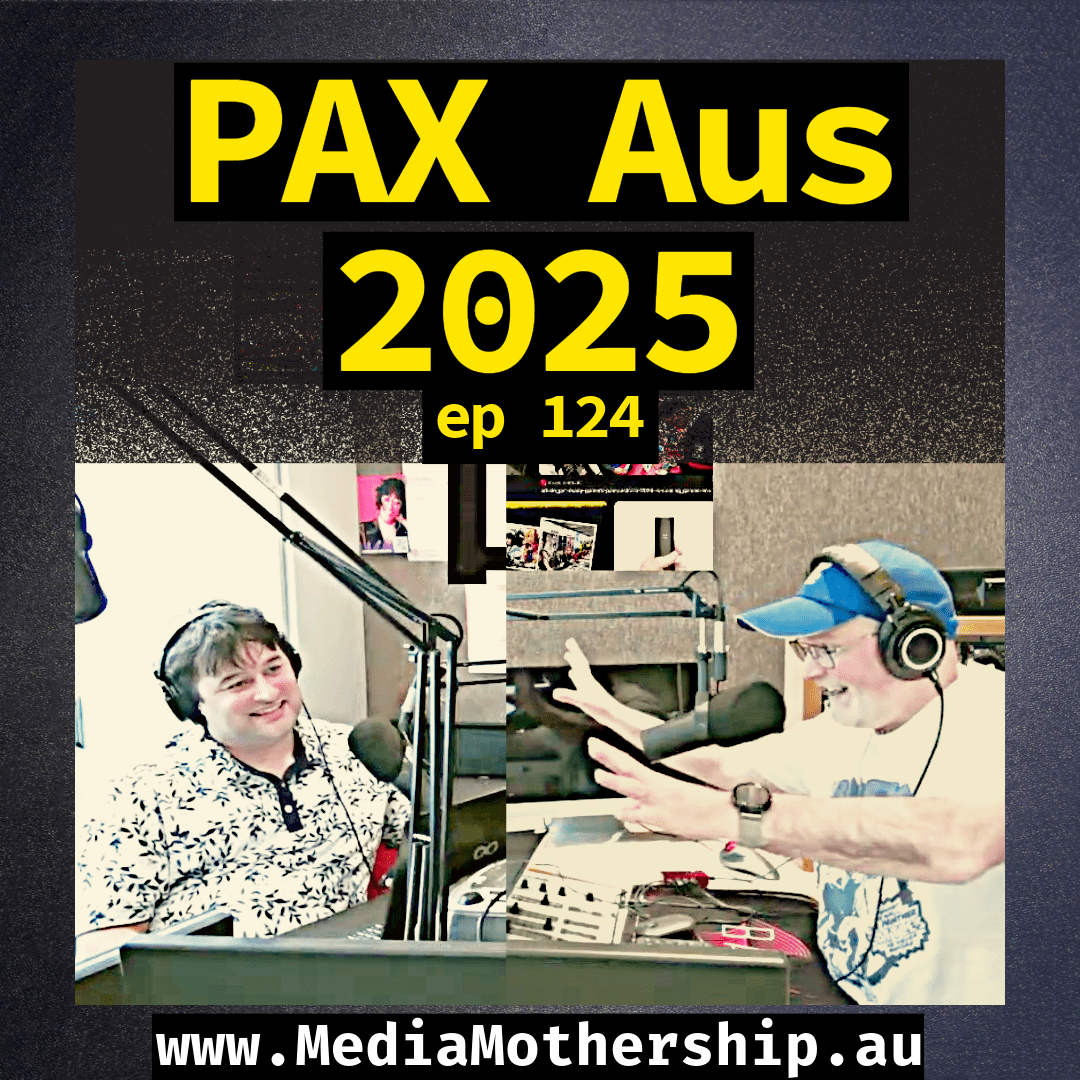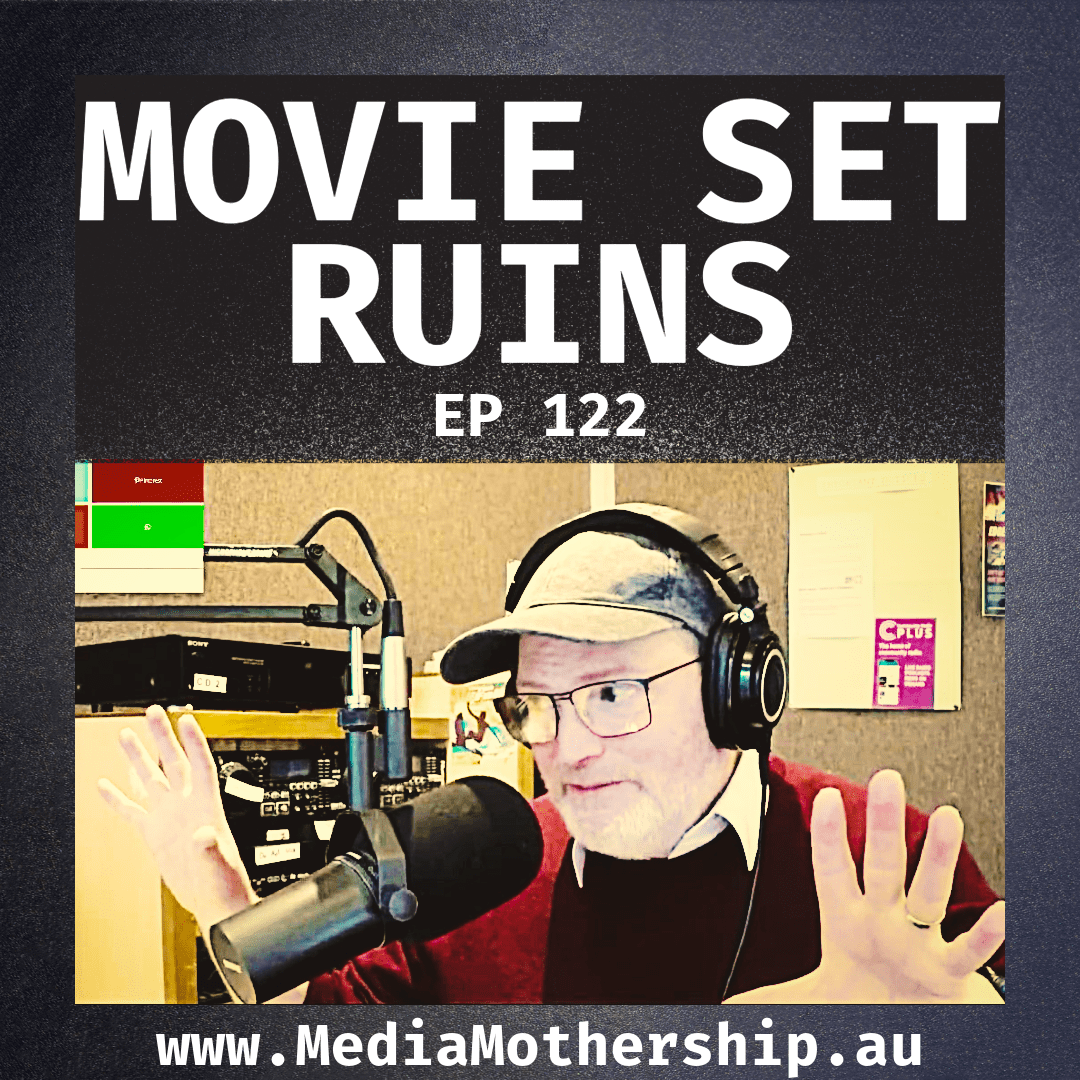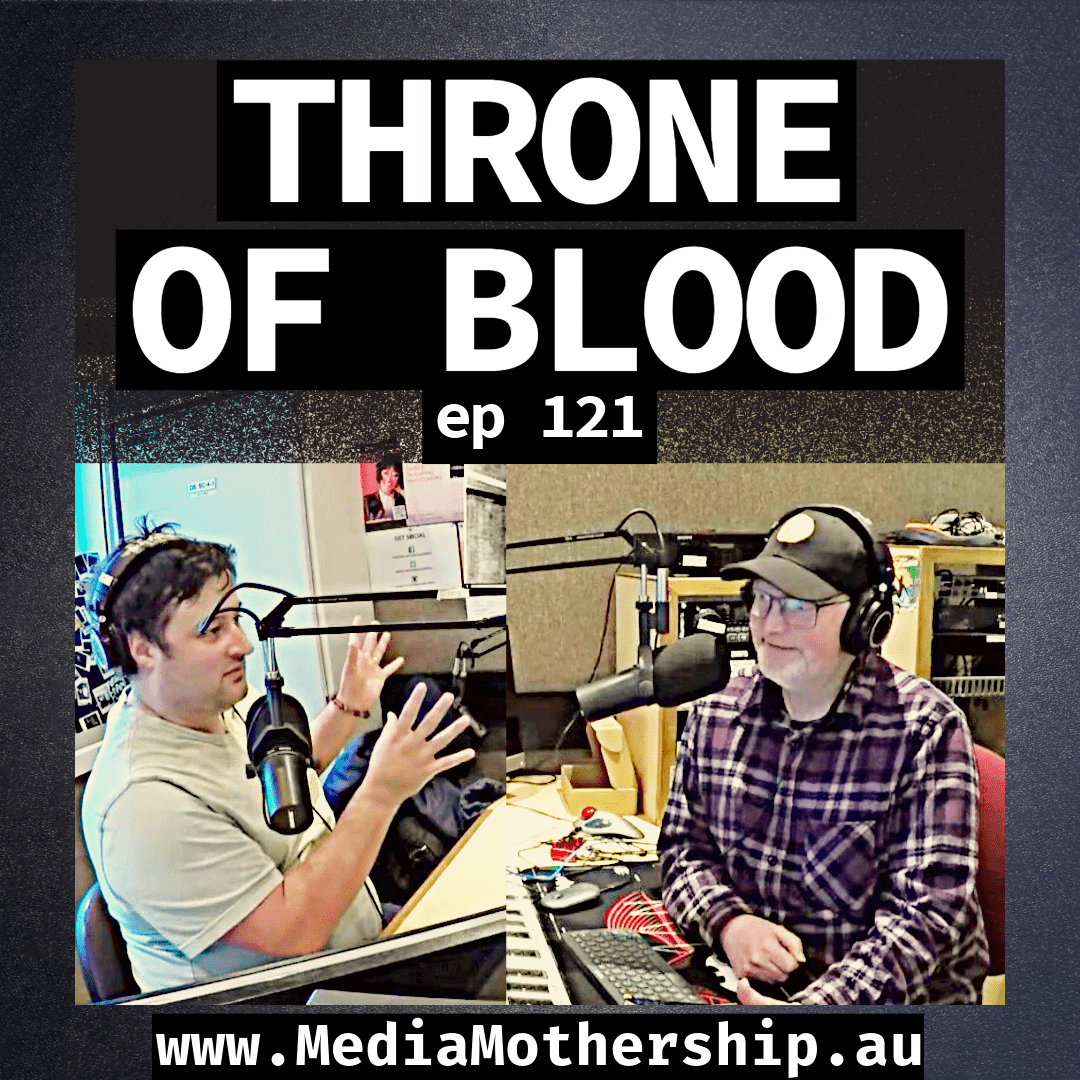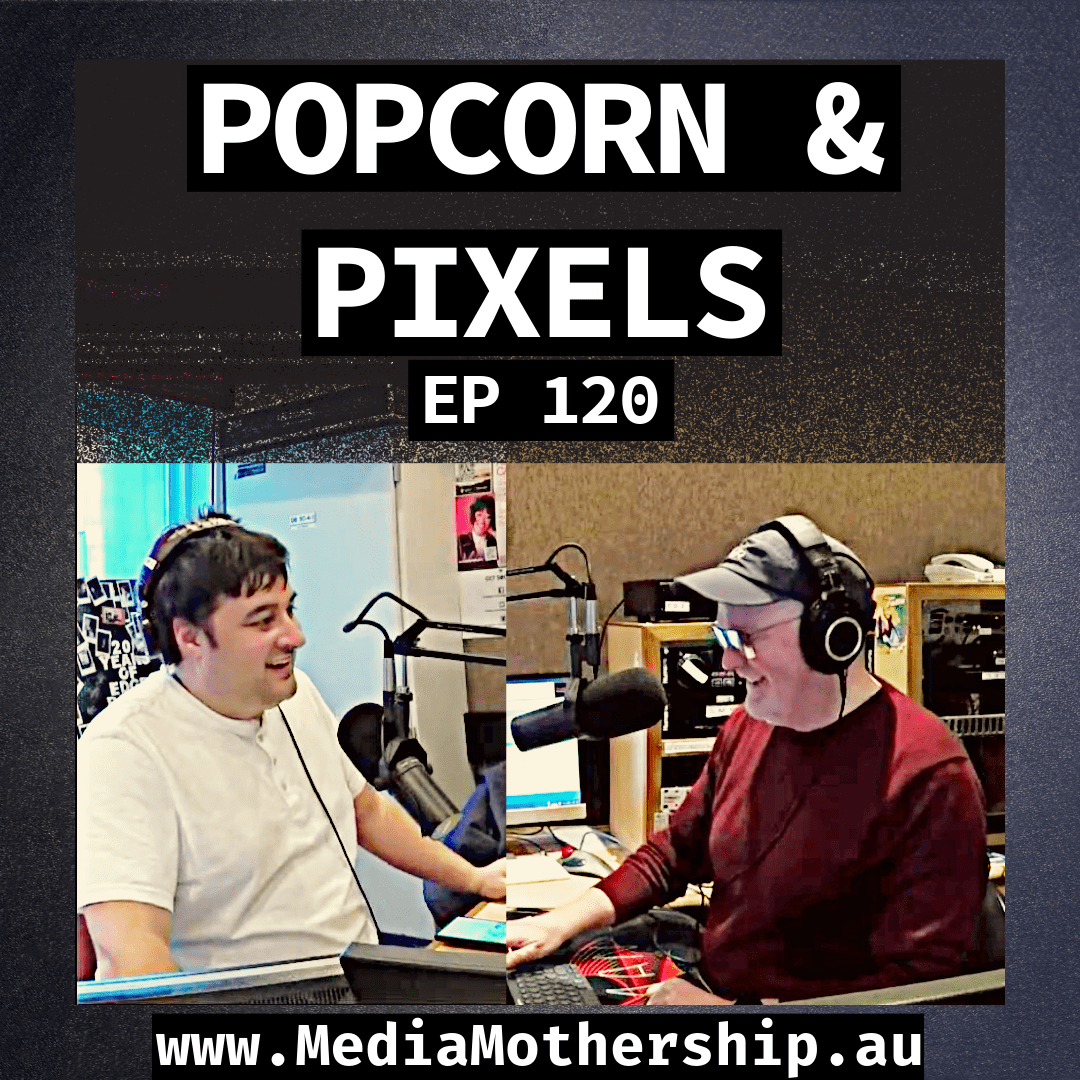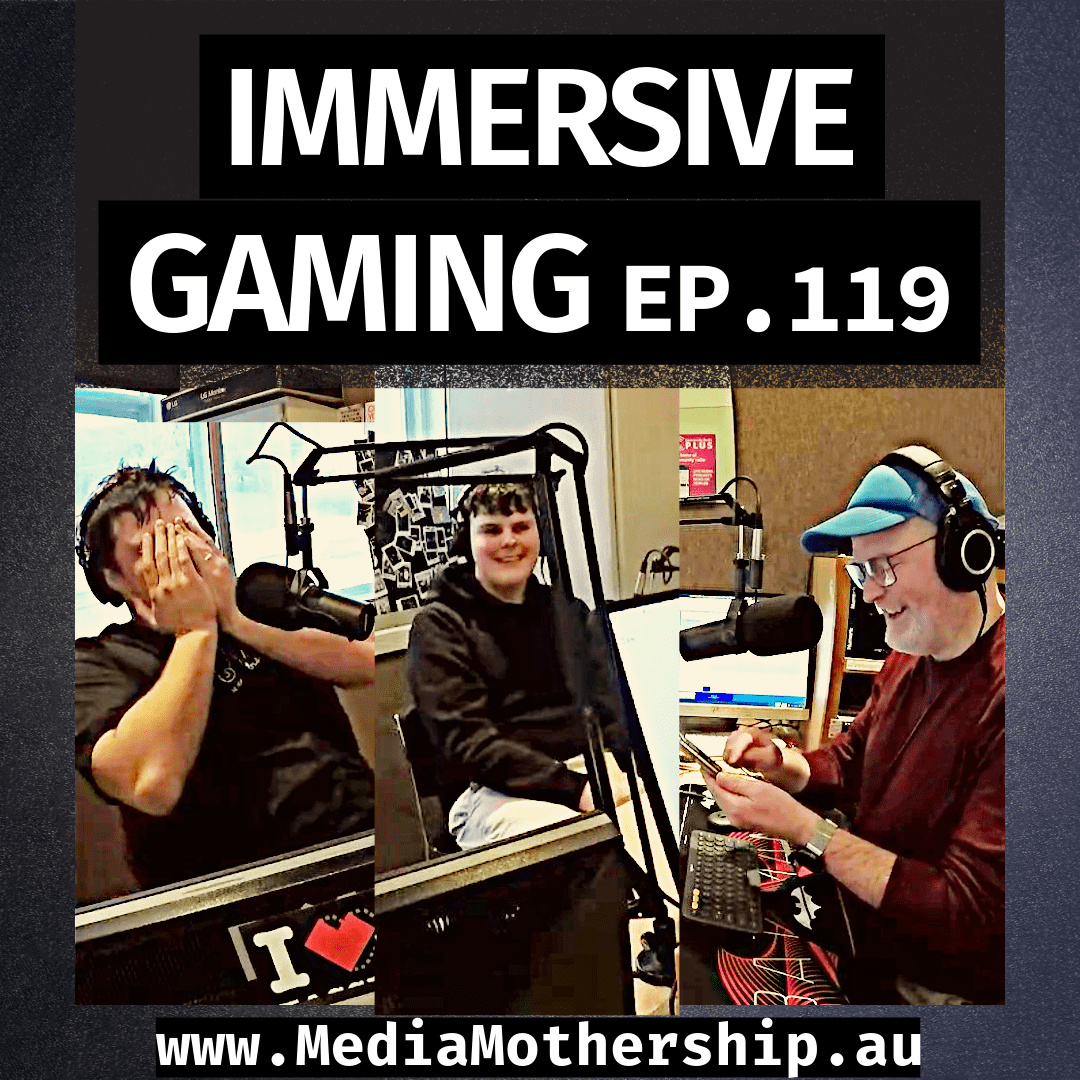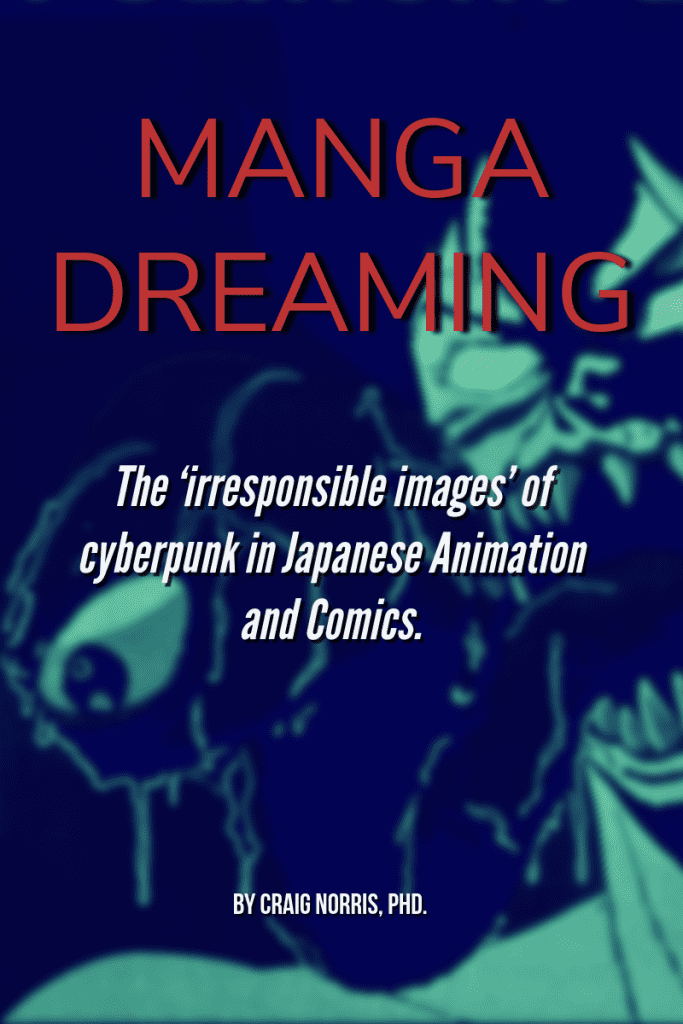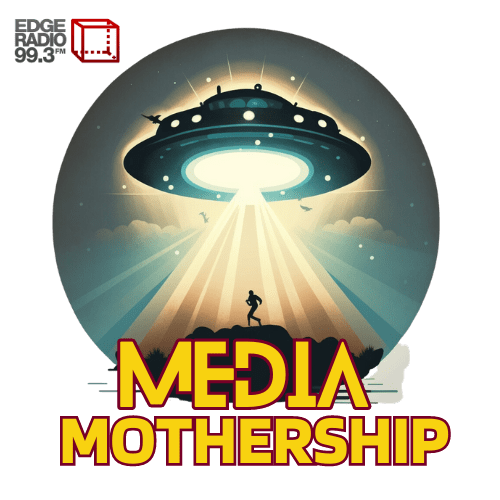
Craig Norris‘
MEDIA MOTHERSHIP
Storytelling, deep analysis, and creative insights. The Media Mothership Podcast decodes, dissects and diseminates the strange, overlooked corners of pop culture and the media.
Subscribe on your favoUrite platform
About Media Mothership
Media Mothership is a weekly podcast and radio show that dives into the power and influence of media on our perception of reality. Every week, we chat with creators, critics and fans of movies, TV shows, video games and more. Join host Craig Norris as he explores the latest and craziest in media and culture. Tune in to Edge Radio in Hobart, Tasmania or watch us live on YouTube and Twitch every Thursday 4-5pm (AEST).
About Craig Norris, PhD
Craig Norris is a media and communications scholar with extensive experience lecturing at universities across Australia, including Western Sydney University, Monash University, Melbourne University, Adelaide University, and University of Tasmania. His research explores how media shapes perceptions and audience engagement in today’s evolving landscape. A passionate advocate for storytelling and digital expression, he serves as Edge Radio’s Podcasting & Broadcasting trainer and hosts the popular weekly show Media Mothership.

Publication Highlights
The Media Mothership Podcast is supported by


